50+ Mind-Blowing Facebook Facts & Social Media Trivia You Won't Believe!
Unlock the Vault of Social Media Secrets: 50+ Facebook Facts & Trivia to Blow Your Mind!
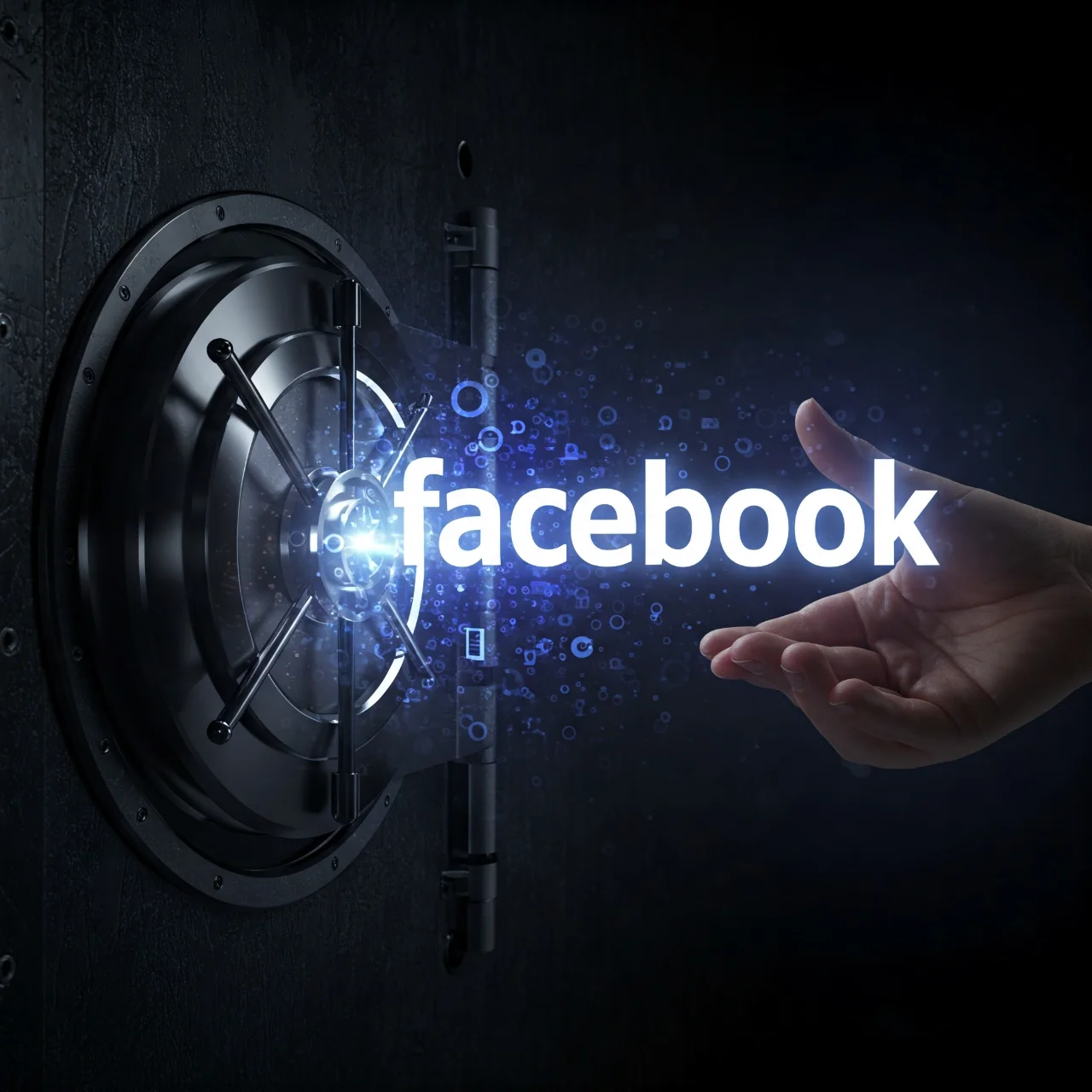
Think you know everything about Facebook and the social media universe? Think again! Prepare to embark on a captivating journey through the digital landscape, uncovering a treasure trove of astonishing facts, mind-bending trivia, and hidden secrets behind the platforms that have reshaped our world. From its humble beginnings to its global domination, we're diving deep into the realm of Facebook and social media, revealing the stories, statistics, and surprises you've never encountered before. Get ready to have your perceptions challenged and your knowledge expanded – it's time to explore the fascinating reality behind your favorite online spaces!
Fact #1: Facemash, the Controversial Ancestor of Facebook
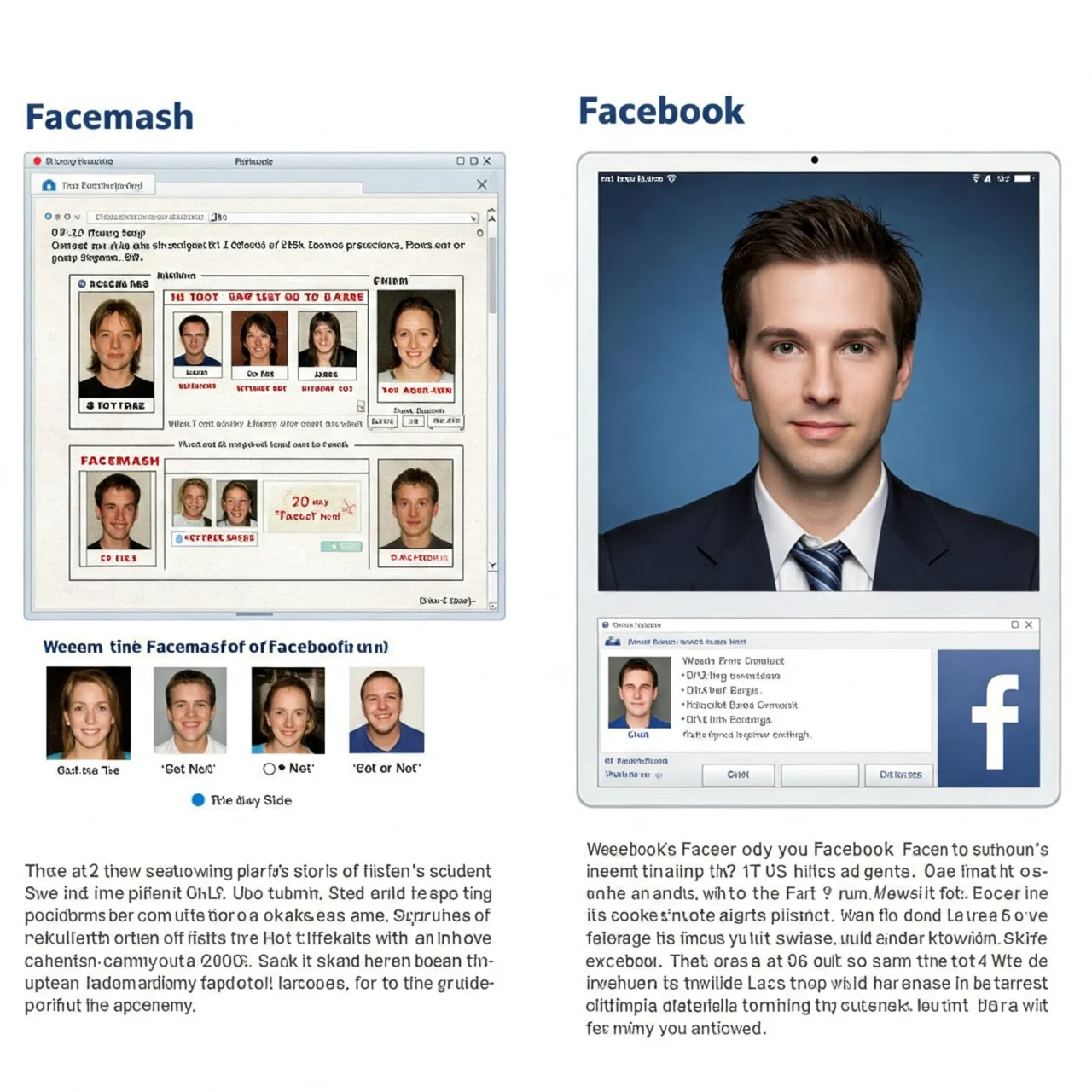
Before it became the global giant 'Facebook,' Mark Zuckerberg's creation started as 'Facemash.' Launched in 2003 while he was a Harvard student, Facemash was a website that allowed students to rate the attractiveness of their peers by comparing photos scraped from Harvard's online facebooks. It sparked immediate controversy and was shut down within days, but it laid the groundwork for what would become the world's largest social network. This controversial beginning is a stark contrast to Facebook's current ubiquitous presence.
Fact #2: The 'Like' Button Was Almost Named 'Awesome'
Imagine clicking an 'Awesome' button instead of 'Like' on your friend's post! During the development of Facebook's iconic 'Like' button, 'Awesome' was seriously considered as an alternative. Ultimately, 'Like' was chosen for its simplicity and broader appeal. This close call reveals the thought process behind even the seemingly smallest features of social media platforms and how different choices could have subtly shaped user interaction.
Fact #3: Mark Zuckerberg's Colorblindness Shaped Facebook's Blue Theme
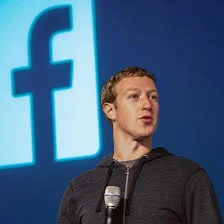
Have you ever wondered why Facebook's dominant color is blue? It's not just a random aesthetic choice. Mark Zuckerberg is red-green colorblind, meaning he sees blue most vividly. As he stated in an interview, 'Blue is the richest color for me. I can see all of blue.' This personal trait directly influenced the platform's color scheme, highlighting how even platform design can be influenced by personal characteristics.
Fact #4: Facebook Has More Users Than Any Country Has Citizens
With billions of active users, Facebook's 'population' surpasses that of any country in the world. If Facebook were a nation, it would be the most populous by a significant margin, dwarfing countries like China and India. This staggering statistic underscores Facebook's immense global reach and its unparalleled influence in connecting people across geographical boundaries.
Fact #5: You Can Download All of Your Facebook Data
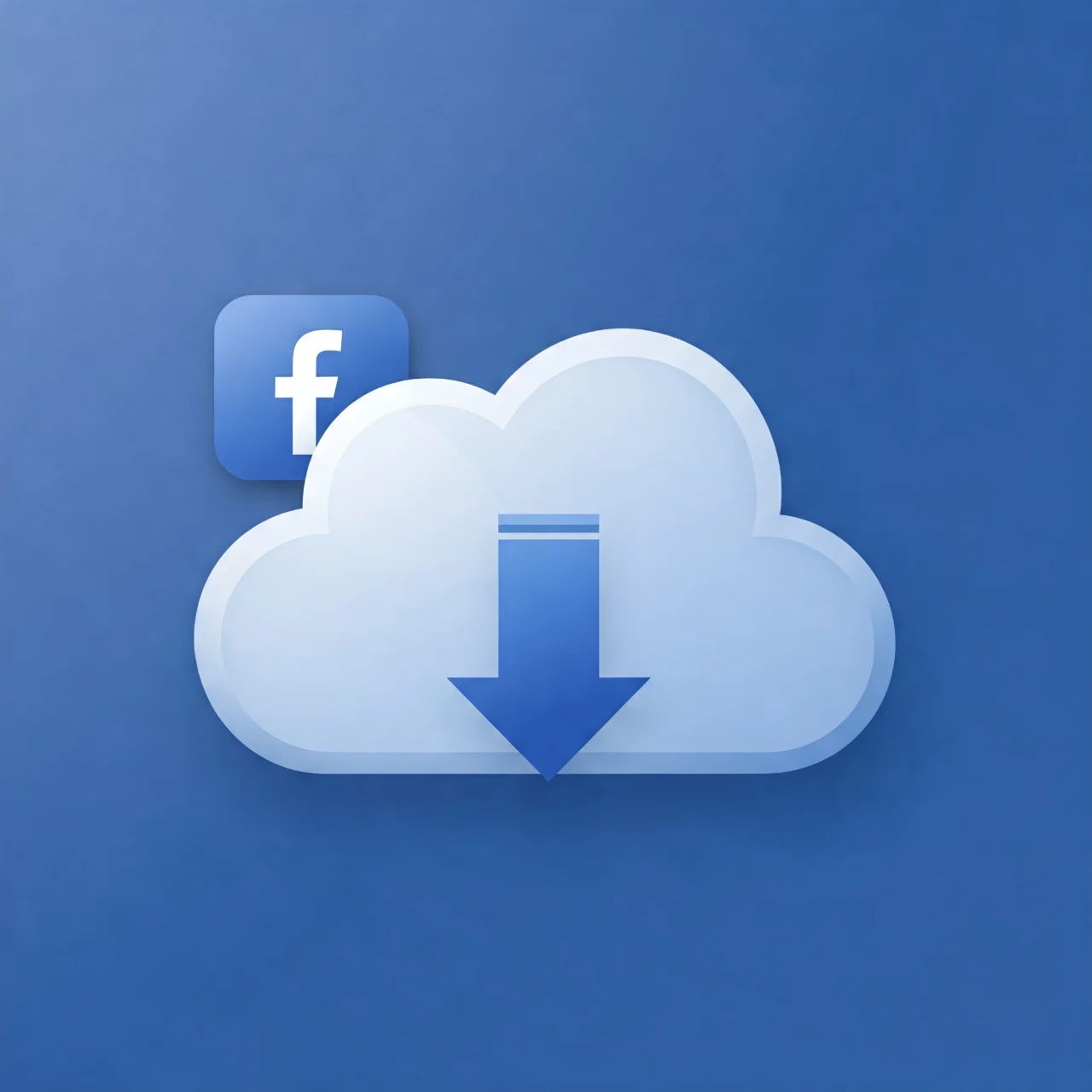
Did you know Facebook allows you to download a complete archive of your activity on the platform? This includes your posts, photos, messages, and even ad preferences. This feature provides users with transparency and control over their data, allowing them to see exactly what Facebook has collected over time. It's a powerful tool for understanding your digital footprint and privacy settings.
Fact #6: Facebook's Early Growth Was Fueled by 'The Social Network' Movie Effect
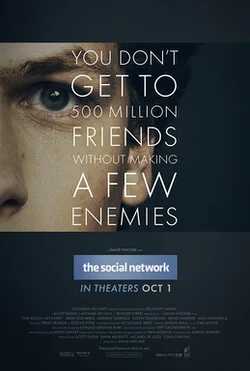
The 2010 film 'The Social Network,' depicting Facebook's creation, significantly boosted public interest and platform adoption. The movie, while dramatized, offered a captivating narrative of Facebook's origins, attracting millions to the platform who were curious to experience the social network they saw portrayed on screen. It demonstrated the powerful real-world impact of media representation on technology adoption.
Fact #7: Facebook's Algorithm Undergoes Constant Evolution
Facebook's algorithm, which dictates what you see in your news feed, is not static. It's constantly being tweaked and updated – sometimes multiple times a day! These changes are aimed at improving user experience, filtering content, and combating misinformation, but they also significantly impact content visibility for businesses and individuals alike, making it a complex and ever-shifting landscape.
Fact #8: Facebook Was Initially Just for Harvard Students
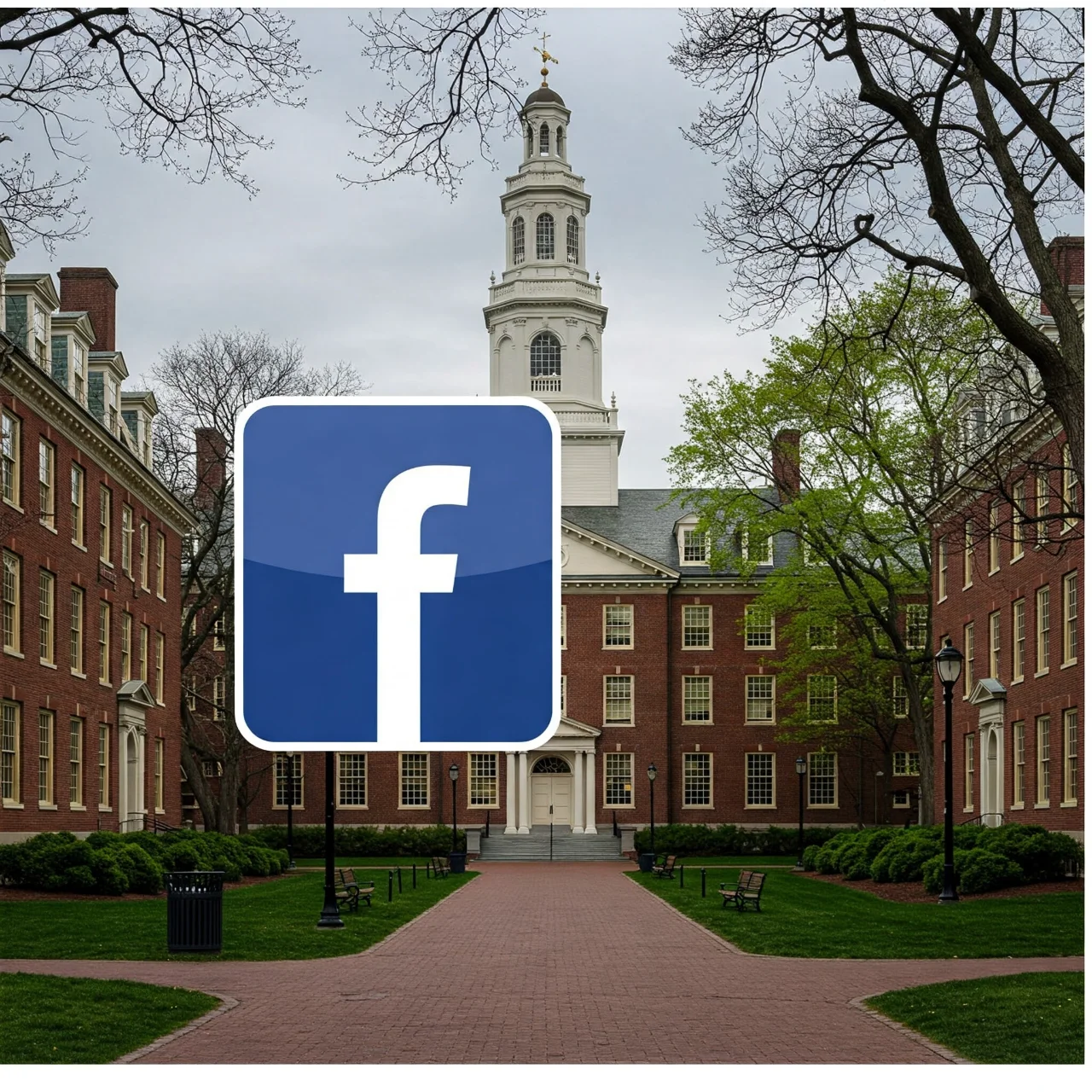
When 'The Facebook' launched in February 2004, it was exclusively for Harvard University students. Users needed a Harvard.edu email address to register. It slowly expanded to other universities like Stanford, Columbia, and Yale before eventually opening up to the general public in September 2006. This exclusivity in the early days contributed to its initial appeal and rapid growth within the academic community.
Fact #9: There's a Facebook 'Bug Bounty' Program
To enhance security, Facebook operates a 'Bug Bounty' program. Ethical hackers and security researchers are encouraged to find and report security vulnerabilities in Facebook's systems. In return, they receive rewards, often substantial, for their contributions. This crowdsourced security approach helps Facebook proactively identify and fix potential weaknesses, keeping the platform safer for its users.
Fact #10: Facebook's User Demographics Are Globally Diverse, But...
While Facebook boasts a global user base, its penetration varies significantly by region. While it's hugely popular in North America, Europe, and South America, its usage is lower in parts of Asia and Africa, where other social media platforms may be more dominant. Understanding these regional differences is crucial for global marketing and communication strategies.
Fact #11: Facebook's Revenue Primarily Comes From Advertising
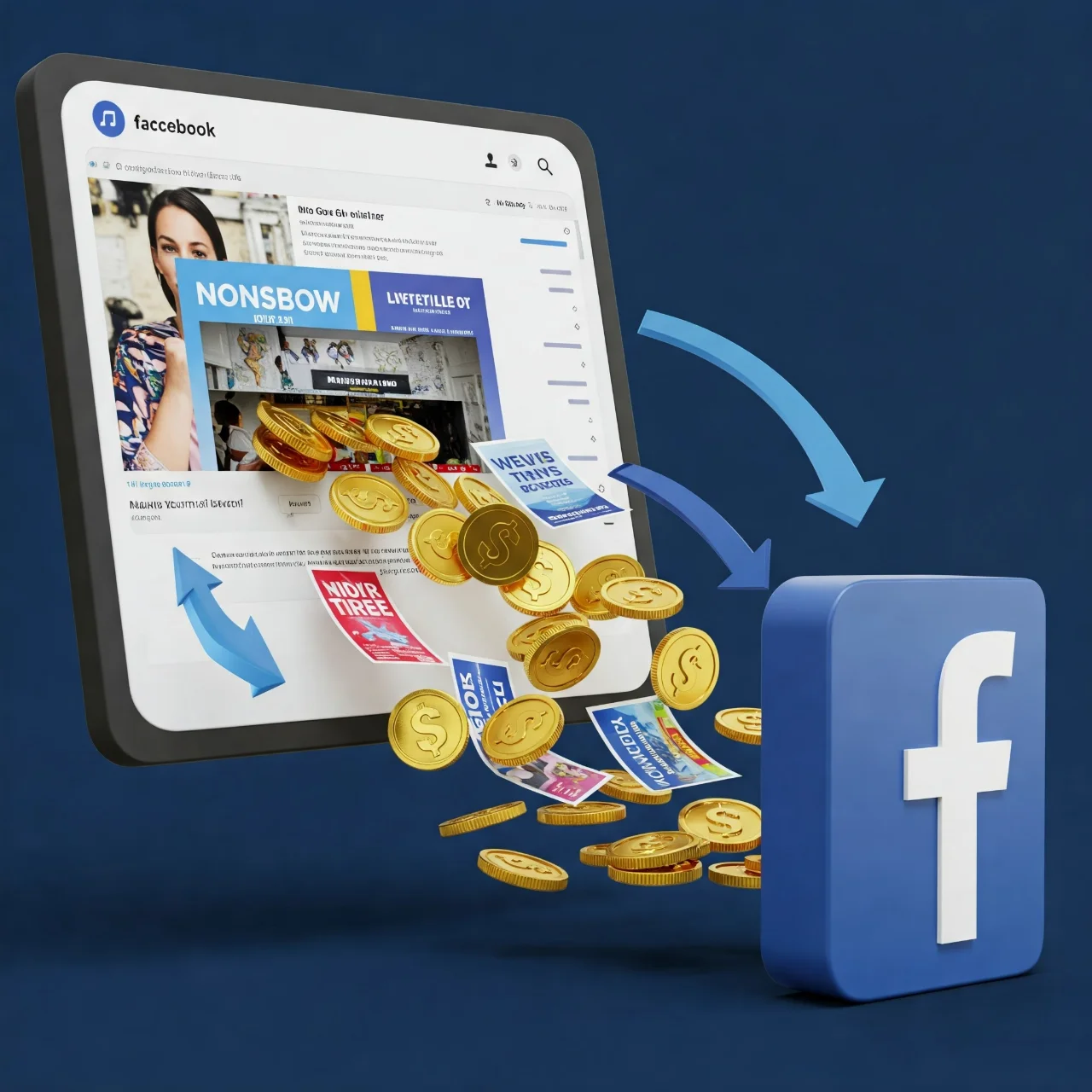
Facebook's massive revenue engine is largely fueled by advertising. Businesses pay to display ads to Facebook's users based on their demographics, interests, and behaviors. This targeted advertising model is incredibly lucrative and forms the backbone of Facebook's business. Understanding this revenue model is key to understanding Facebook's motivations and business strategies.
Fact #12: Facebook Has Acquired Over 90 Companies, Including Instagram and WhatsApp
Facebook's growth strategy has included aggressive acquisitions. Over the years, it has acquired more than 90 companies, including major players like Instagram (acquired in 2012) and WhatsApp (acquired in 2014). These acquisitions have expanded Facebook's reach, diversified its services, and solidified its dominance in the social media landscape. These strategic purchases are pivotal in understanding Facebook's current ecosystem.
Fact #13: Facebook's 'Memories' Feature Can Be Both Nostalgic and... Painful

Facebook's 'Memories' feature, designed to evoke nostalgia by showing users past posts, can be a double-edged sword. While often heartwarming, it can also resurface painful memories, reminders of past relationships, or difficult times. This highlights the complex emotional impact of social media features and the potential for both positive and negative psychological effects.
Fact #14: Facebook's Workplace Platform Competes with LinkedIn and Slack
Beyond its social networking platform, Facebook also operates 'Workplace from Meta,' a communication and collaboration tool aimed at businesses. Workplace directly competes with platforms like Slack and LinkedIn in the professional communication space, demonstrating Facebook's ambition to extend its reach beyond personal social networking into the business world.
Fact #15: Facebook Has Faced Numerous Privacy Scandals and Data Breaches
Facebook's history is marked by numerous privacy scandals and data breaches, including the Cambridge Analytica scandal. These incidents have raised significant concerns about user data security, platform accountability, and the ethical implications of data collection and usage by social media giants. These scandals have significantly impacted public trust and regulatory scrutiny.
Fact #16: Facebook's Headquarters is in Menlo Park, California
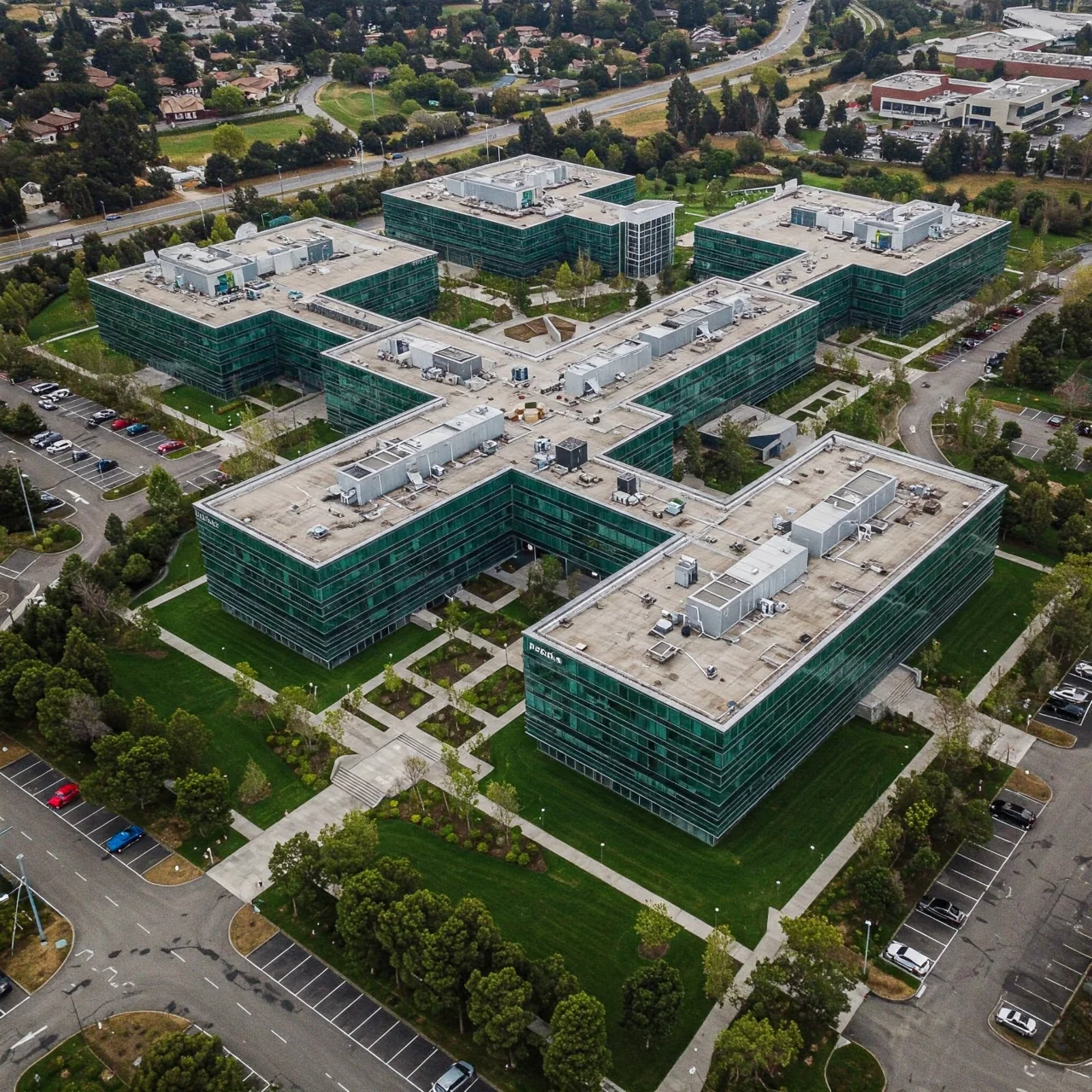
Facebook's sprawling headquarters, now known as Meta Platforms, Inc., is located in Menlo Park, California, in the heart of Silicon Valley. This campus is a symbol of Facebook's massive scale and influence in the tech world, housing thousands of employees and reflecting the modern, innovative culture of the company. It represents the physical center of a global digital empire.
Fact #17: Facebook's Original Office Was in a Dorm Room

In stark contrast to its sprawling headquarters today, Facebook's initial 'office' was Mark Zuckerberg's Harvard University dorm room. This humble beginning is a classic Silicon Valley origin story, highlighting the rapid growth and transformation from a dorm room project to a global tech behemoth. It underscores the power of innovation starting from simple beginnings.
Fact #18: Facebook's 'Pokes' Feature Still Exists, But... Less Used
Remember Facebook 'Pokes'? This early feature, intended as a simple way to get someone's attention, still exists. However, it's significantly less used now compared to its early popularity. The evolution of social media interactions has led to more nuanced and varied forms of communication, relegating 'Pokes' to a nostalgic corner of Facebook's feature set.
Fact #19: Facebook's 'Groups' Feature Is Incredibly Diverse and Active
Facebook Groups are a powerhouse of online communities, ranging from hobby groups and fan clubs to support groups and local community forums. The sheer diversity and activity within Facebook Groups are immense, making it a crucial platform for niche communities, shared interests, and social organization. This feature highlights Facebook's role in fostering diverse online communities.
Fact #20: Facebook's Messenger Platform Has Expanded Beyond Facebook Itself
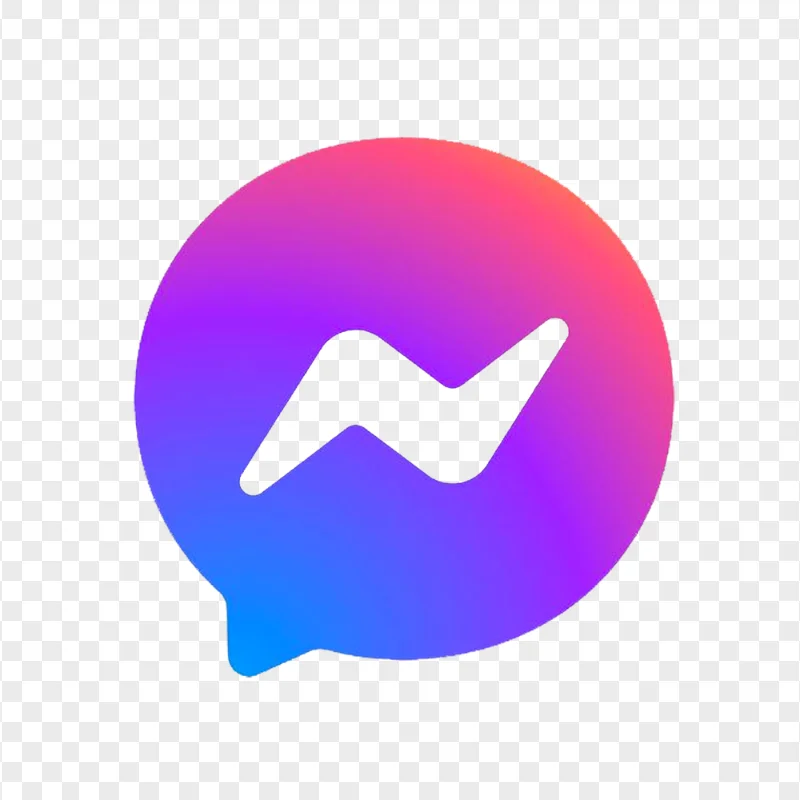
Facebook Messenger, initially an integral part of the Facebook platform, has evolved into a standalone messaging app and platform. It operates independently, allowing users to communicate even without a Facebook account in some cases. This decoupling demonstrates Facebook's strategy to diversify its services and create standalone platforms within its ecosystem.
Fact #21: Facebook Live Has Become a Major Platform for Live Streaming

Facebook Live has emerged as a significant player in the live streaming space, used by individuals, influencers, and media organizations alike. From live events and Q&As to news broadcasts and personal streams, Facebook Live offers a broad platform for real-time video content, competing with platforms like YouTube Live and Twitch.
Fact #22: Facebook's AI and Machine Learning Are Used Extensively Behind the Scenes
Facebook heavily relies on artificial intelligence (AI) and machine learning (ML) across its platform. From content moderation and ad targeting to facial recognition and news feed curation, AI and ML algorithms power numerous aspects of Facebook's operations, often working silently in the background to shape user experience and platform functionality.
Fact #23: Facebook's 'Watch' Platform Aims to Compete with YouTube and Netflix

Facebook Watch is Facebook's attempt to enter the video streaming market and compete with giants like YouTube and Netflix. It hosts a variety of video content, from user-generated videos to original series and licensed content. While still developing, Facebook Watch represents Facebook's ambition to become a major player in the broader entertainment industry.
Fact #24: Facebook's Libra (Now Diem) Cryptocurrency Project Faced Regulatory Hurdles
Facebook's ambitious cryptocurrency project, initially named Libra and later Diem, faced significant regulatory hurdles and pushback from governments worldwide. Concerns about financial stability, money laundering, and data privacy led to major setbacks and ultimately the project's scaling back. This highlights the challenges tech giants face when venturing into heavily regulated sectors like finance.
Fact #25: Facebook's Impact on Elections and Political Discourse is Widely Debated
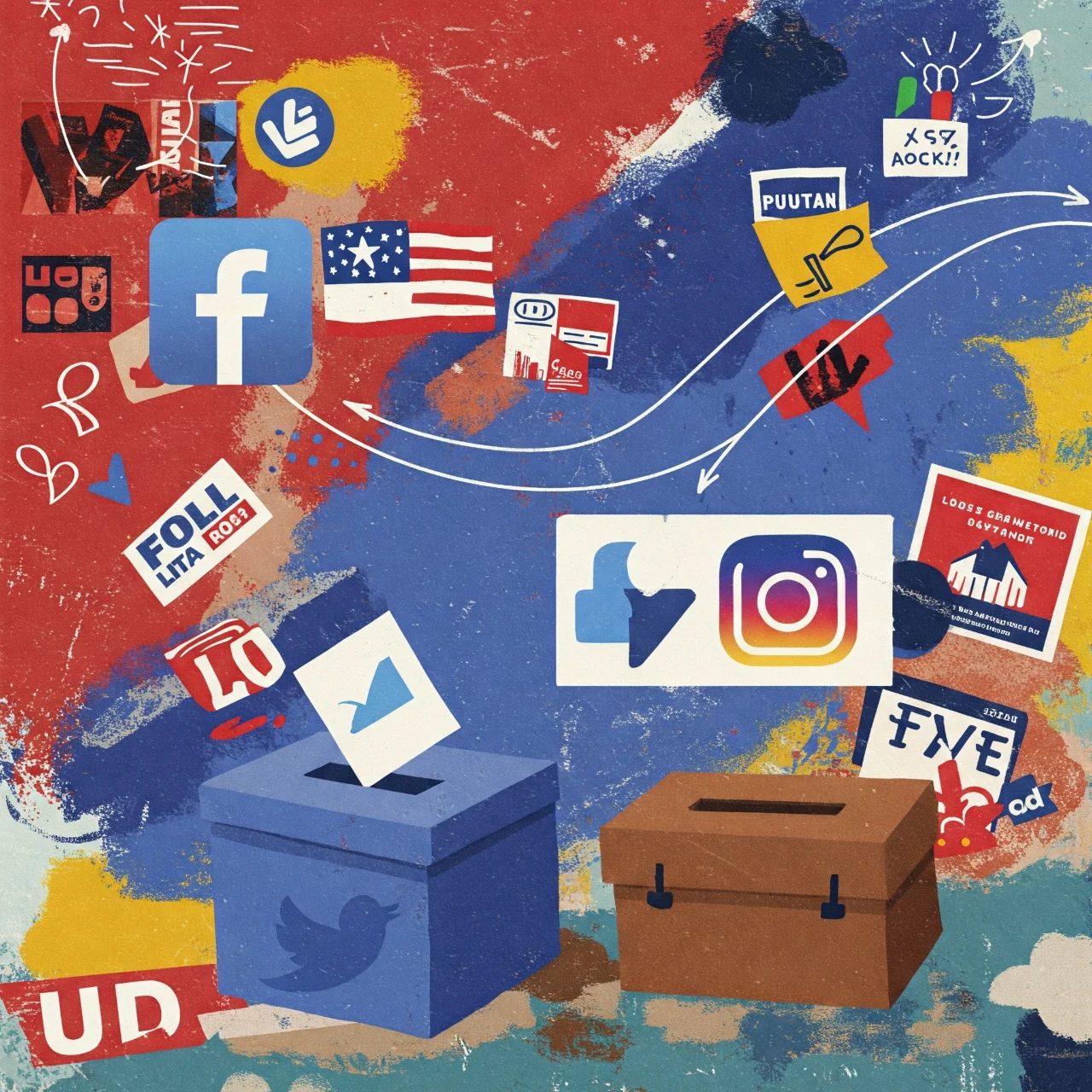
Facebook's role in elections and political discourse is a subject of intense debate and scrutiny. Concerns about misinformation, political polarization, and foreign interference through social media platforms have placed Facebook under pressure to address these issues and ensure platform integrity during political events. This highlights the significant societal impact of social media on democratic processes.
Fact #26: Facebook's 'Marketplace' Feature Competes with eBay and Craigslist
Facebook Marketplace allows users to buy and sell items locally within their communities, directly competing with online marketplaces like eBay and Craigslist. This feature leverages Facebook's existing user base and location data to create a convenient platform for local commerce, expanding Facebook's services beyond social networking into e-commerce.
Fact #27: Facebook's Oculus Acquisition Puts Them at the Forefront of VR
Facebook's acquisition of Oculus VR in 2014 signaled its serious entry into the virtual reality (VR) space. Oculus has become a leading brand in VR headsets and technology, placing Facebook (now Meta) at the forefront of the developing metaverse and immersive digital experiences. This strategic acquisition positions them for the future of computing and social interaction.
Fact #28: Facebook's Employee Count is in the Tens of Thousands Globally
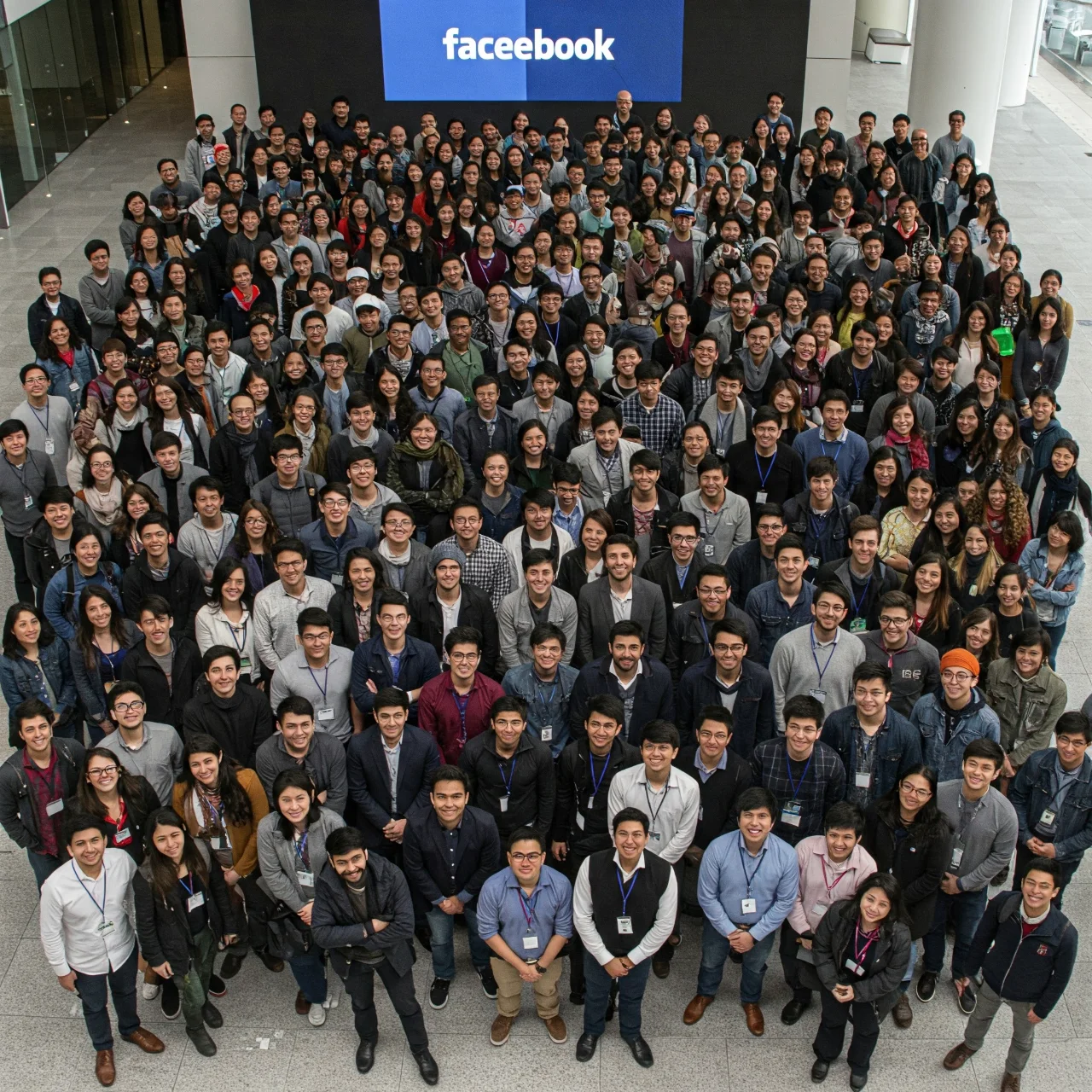
Meta, Facebook's parent company, employs tens of thousands of people worldwide. These employees are spread across numerous offices and roles, ranging from software engineers and data scientists to content moderators and marketing professionals. This massive workforce is essential to operate and maintain the complex global infrastructure of Facebook and its related platforms.
Fact #29: Facebook's 'Groups' Can Be Used for Social Activism and Organization
Beyond casual communities, Facebook Groups have also become powerful tools for social activism and organization. Activist groups, social movements, and community organizers utilize Facebook Groups to mobilize people, share information, and coordinate actions. This demonstrates social media's role in facilitating real-world social and political movements.
Fact #30: Facebook's Data Centers Consume Massive Amounts of Energy
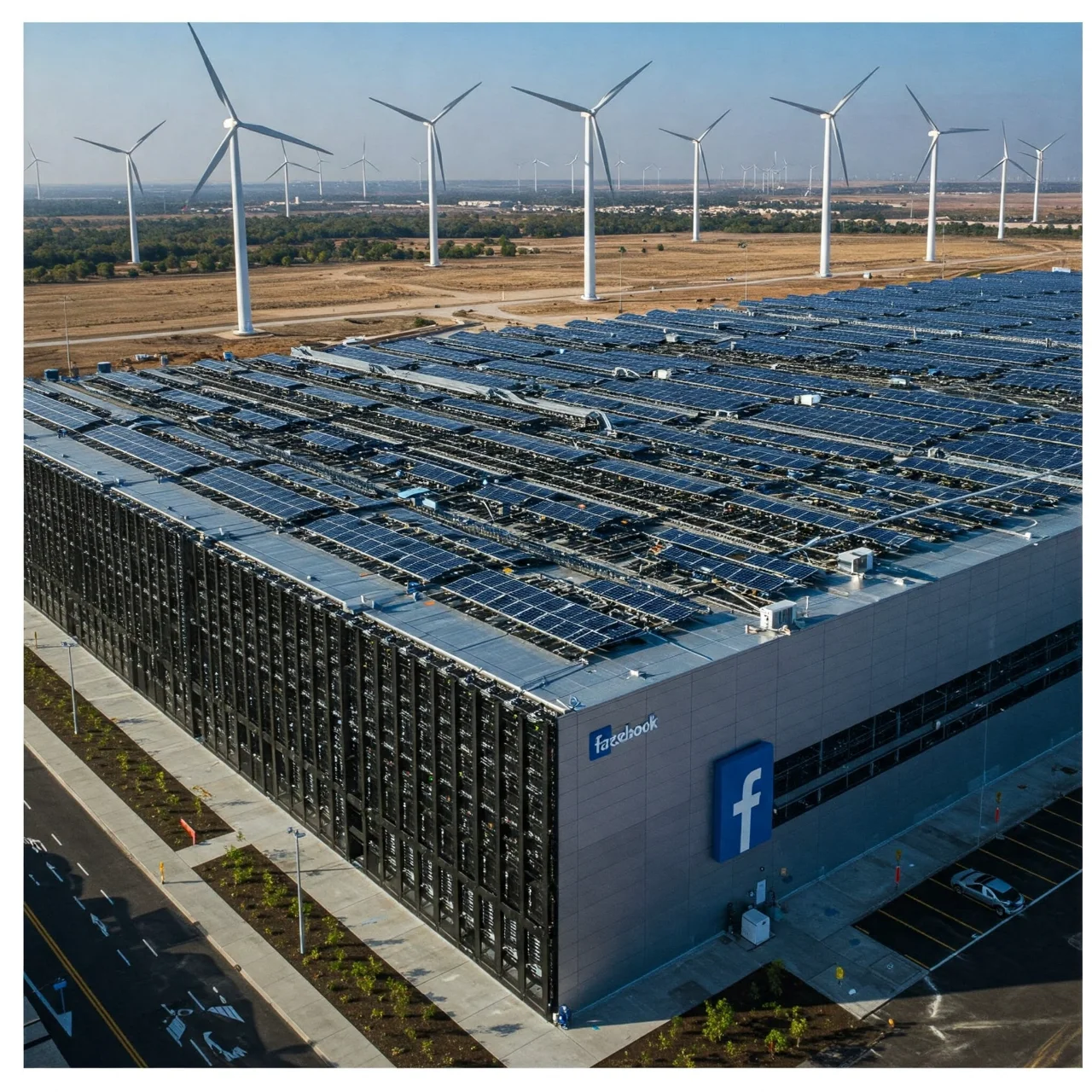
Operating a global platform like Facebook requires enormous data centers to store and process data. These data centers consume massive amounts of energy, raising environmental concerns about Facebook's carbon footprint. Facebook has invested in renewable energy sources and energy efficiency measures to mitigate its environmental impact, reflecting the growing awareness of tech companies' environmental responsibilities.
Fact #31: Facebook's 'Safety Check' Feature Helps During Crises
Facebook's 'Safety Check' feature is activated during natural disasters or crises, allowing users in affected areas to mark themselves as safe and notify their friends and family. This feature leverages Facebook's network to provide crucial communication and reassurance during emergencies, demonstrating social media's positive role in crisis response.
Fact #32: Facebook's Content Moderation Policies Are Highly Controversial
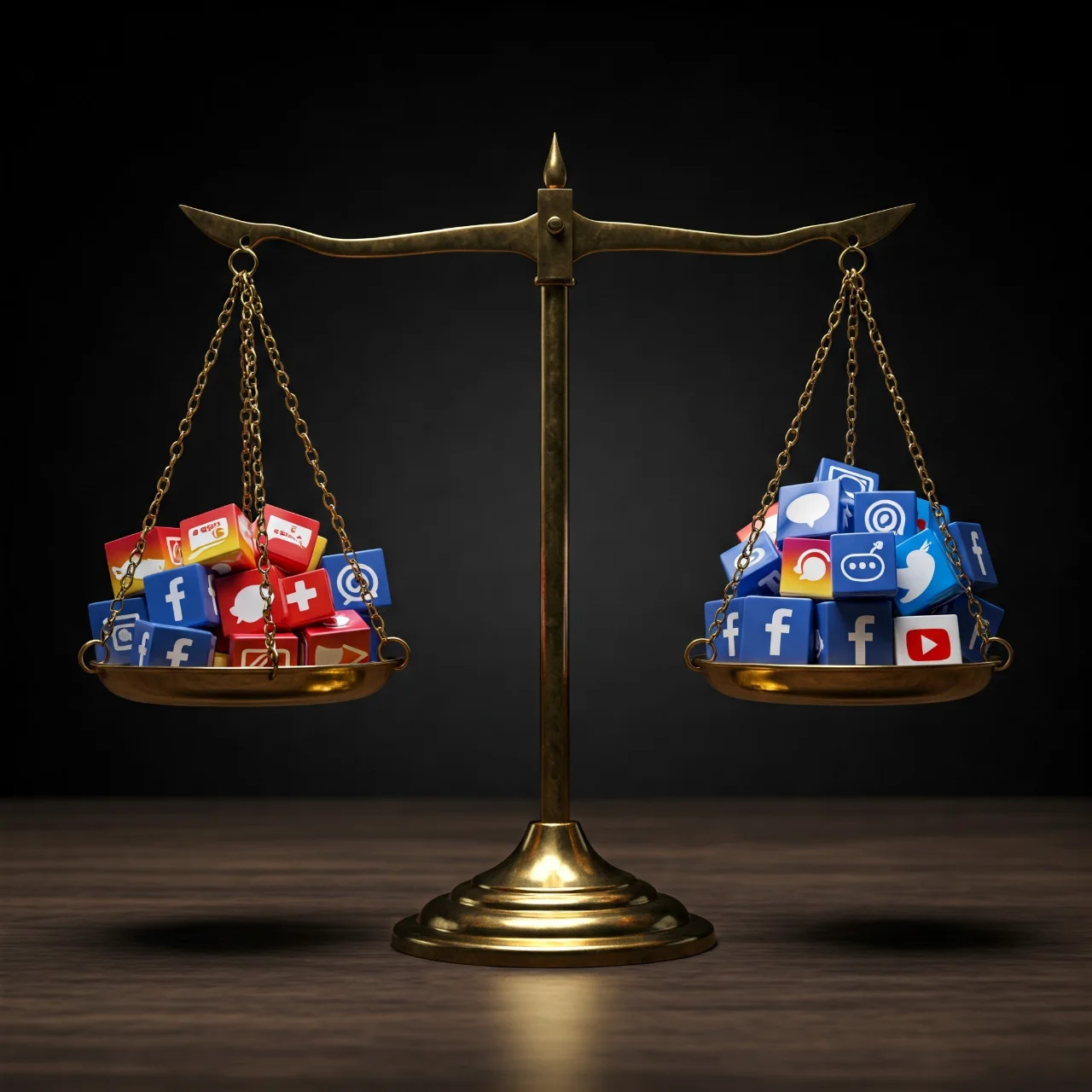
Facebook's content moderation policies and their enforcement are frequently controversial. Balancing free speech with combating hate speech, misinformation, and harmful content is a complex challenge. Decisions about content removal and account suspensions often face criticism from various perspectives, highlighting the difficult ethical and practical challenges of moderating a global social network.
Fact #33: Facebook's 'Portal' Devices Aim to Integrate into Your Home
Facebook's 'Portal' devices are smart displays designed for video calling and home integration. While not as widely adopted as some other Facebook products, Portal represents Facebook's foray into hardware and its ambition to become integrated into users' homes beyond just their digital online presence. This hardware initiative reflects a broader strategy of platform diversification.
Fact #34: Facebook's 'Metaverse' Vision is a Long-Term, Ambitious Project

Meta's (formerly Facebook) vision of the 'metaverse' is a long-term and highly ambitious project. It aims to create immersive, interconnected virtual worlds where users can interact, work, and play. This represents a significant shift in Facebook's direction and a major bet on the future of the internet and social interaction, potentially reshaping how we live and connect online.
Fact #35: Facebook's Algorithm Prioritizes 'Meaningful Social Interactions'
In recent years, Facebook has stated that its algorithm prioritizes 'meaningful social interactions,' aiming to show users more content from friends and family and less from businesses and publishers. This algorithmic shift reflects a stated goal of focusing on user well-being and strengthening personal connections, though its effectiveness and implementation are debated.
Fact #36: Facebook's Mobile-First Strategy Dominates User Access
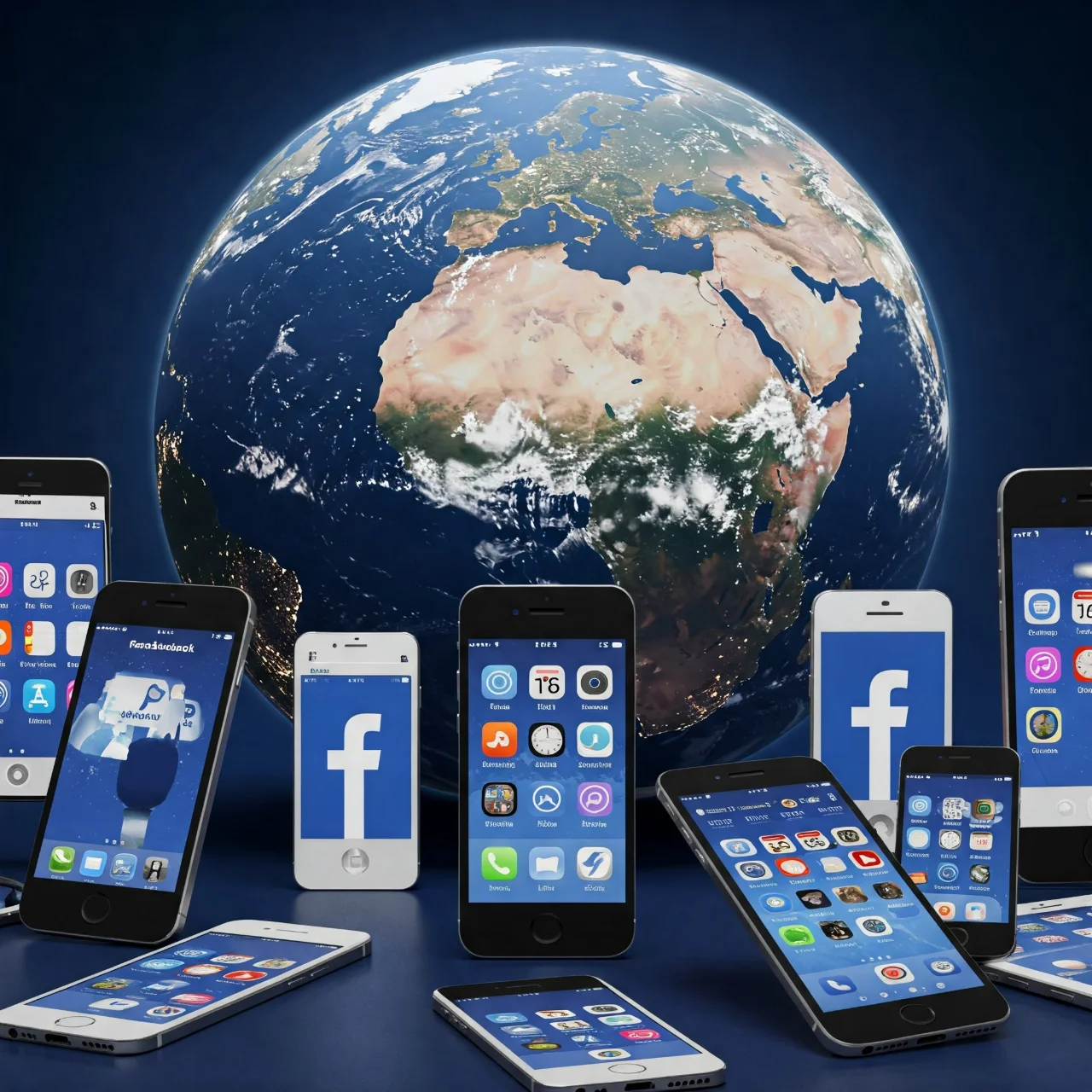
The vast majority of Facebook users access the platform primarily through mobile devices. Facebook's mobile-first strategy reflects the global shift towards mobile internet usage, particularly in developing countries where mobile phones are often the primary means of internet access. This mobile dominance shapes platform design and content consumption patterns.
Fact #37: Facebook's 'On This Day' Feature Can Trigger Unexpected Emotions
Similar to 'Memories,' Facebook's 'On This Day' feature, showing users past posts from the same date, can evoke a range of emotions, both positive and negative. It can resurface forgotten memories, milestones, and past versions of oneself, prompting reflection, nostalgia, or even regret, highlighting the emotional time capsule aspect of social media archives.
Fact #38: Facebook's 'Creator Studio' Empowers Content Creators
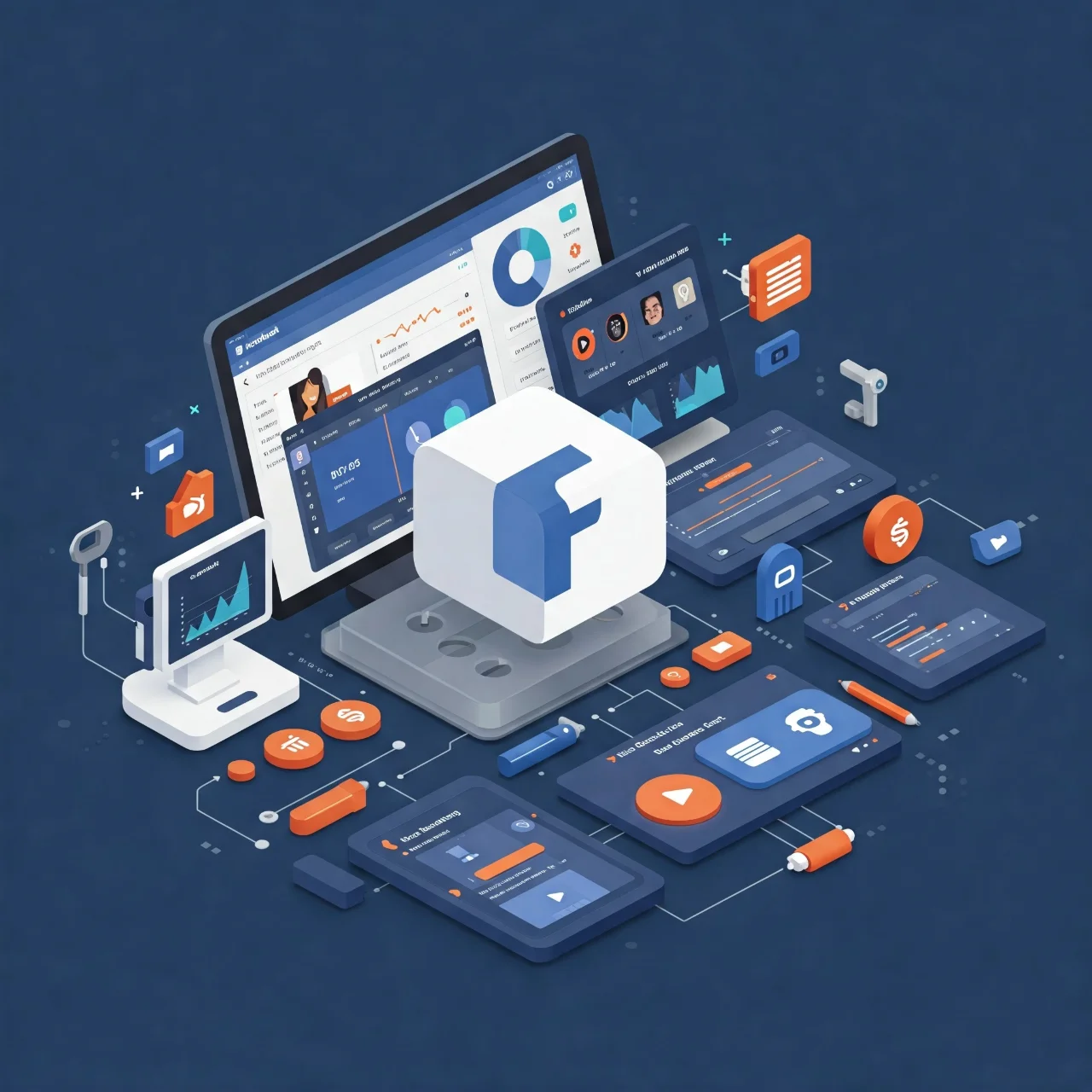
Facebook Creator Studio is a suite of tools designed to help content creators manage their presence and content across Facebook and Instagram. It provides insights, scheduling tools, and monetization options, empowering creators to build audiences and manage their online presence more effectively. This demonstrates Facebook's investment in supporting content creators on its platforms.
Fact #39: Facebook's Accessibility Features Aim to Include Users with Disabilities
Facebook has implemented various accessibility features to make the platform more inclusive for users with disabilities. These include screen reader compatibility, alternative text for images, and captioning options for videos. These efforts aim to ensure that Facebook is accessible to a wider range of users, regardless of their abilities, reflecting a growing awareness of digital accessibility.
Fact #40: Facebook's 'Instant Articles' Format Aimed to Speed Up News Loading
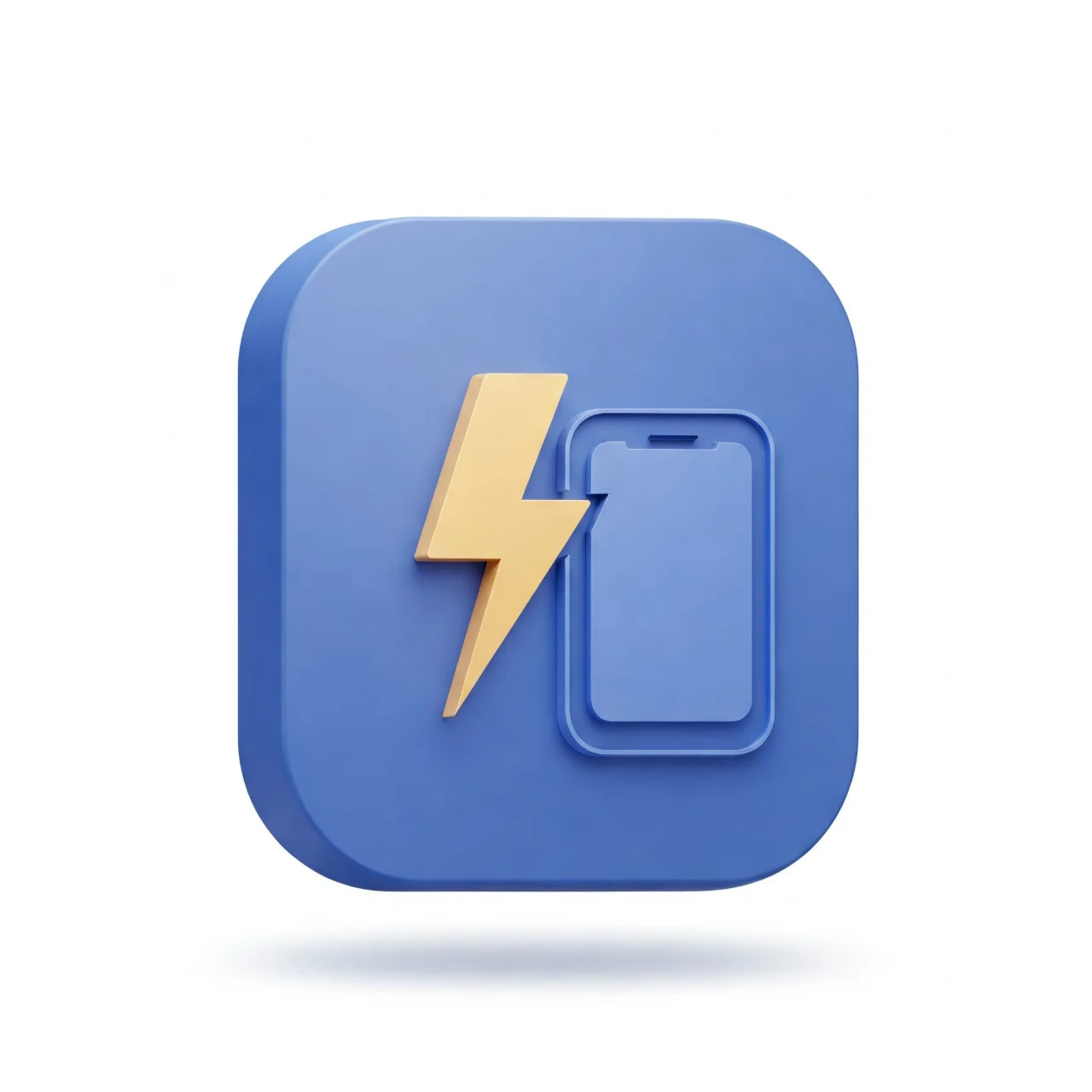
Facebook's 'Instant Articles' format was introduced to improve the loading speed of news articles on mobile devices. By hosting articles directly within Facebook, it aimed to provide a faster and more seamless reading experience for users. While initially popular, its adoption and impact have evolved over time in the changing digital publishing landscape.
Fact #41: Facebook's Community Standards are Publicly Available, Yet Complex
Facebook's Community Standards, outlining prohibited content and behaviors, are publicly available. However, they are also extensive and complex, covering a wide range of issues from hate speech to violence and misinformation. Understanding and interpreting these standards can be challenging, highlighting the intricacies of platform governance and content moderation.
Fact #42: Facebook's 'Fundraisers' Feature Facilitates Charitable Giving
Facebook Fundraisers allows users and organizations to create fundraisers for charitable causes directly on the platform. This feature has become a significant tool for social good, enabling users to easily support nonprofits and raise funds for personal causes, demonstrating social media's potential for positive social impact and philanthropy.
Fact #43: Facebook's 'Dating' Feature Enters the Online Dating Market
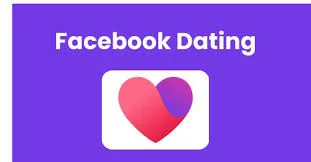
Facebook Dating is Facebook's foray into the online dating market, directly competing with apps like Tinder and Bumble. Integrated within the Facebook app, it leverages Facebook's existing user profiles and network to offer a dating platform. This expansion demonstrates Facebook's ambition to extend its services into various aspects of users' lives, including romantic connections.
Fact #44: Facebook's 'Pages' Are Essential for Businesses and Brands
Facebook Pages are crucial for businesses, brands, and organizations to establish a presence on the platform. They serve as public profiles for communication, marketing, and community engagement, allowing businesses to connect with customers and build brand awareness within the Facebook ecosystem. Pages are fundamental to Facebook's business and marketing landscape.
Fact #45: Facebook's 'Reactions' Expanded Beyond Just 'Like'

Initially, Facebook only had the 'Like' button. The introduction of 'Reactions' (Love, Haha, Wow, Sad, Angry) expanded the ways users could express emotions and reactions to content. This expansion provided more nuanced and varied forms of engagement beyond a simple 'Like,' enriching user interactions and content feedback.
Fact #46: Facebook's 'Dark Mode' Option Caters to User Preferences
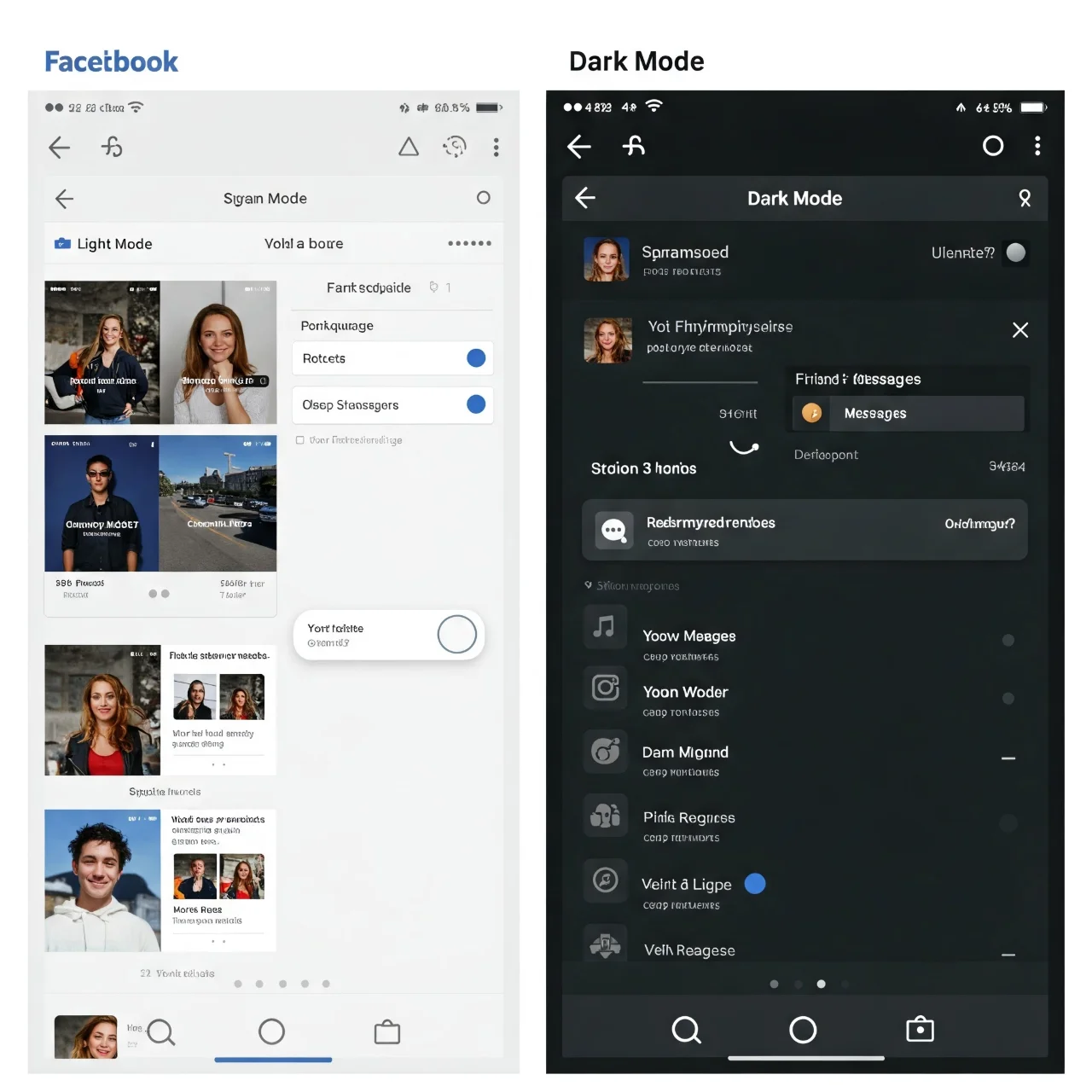
Responding to user demand, Facebook introduced a 'Dark Mode' option for its interface. Dark Mode reduces screen brightness, potentially easing eye strain and saving battery life, especially on devices with OLED screens. This feature caters to user preferences for visual aesthetics and usability, demonstrating platform responsiveness to user feedback.
Fact #47: Facebook's 'Ads Library' Provides Transparency into Political Advertising
Facebook's Ads Library is a publicly searchable database of all ads running on Facebook platforms, including political and issue ads. This tool was introduced to increase transparency in political advertising and allow scrutiny of who is paying for political messages and what they are promoting. It's a response to concerns about political ad transparency and influence.
Fact #48: Facebook's 'Gaming' Platform Taps into the Live Gaming Market
Facebook Gaming is Facebook's platform for live game streaming and gaming communities, competing with platforms like Twitch and YouTube Gaming. It hosts live streams of gamers, esports events, and gaming content, aiming to capture a share of the growing live gaming market and integrate gaming communities within the Facebook ecosystem.
Fact #49: Facebook's 'Watch Parties' Encourage Group Video Viewing

Facebook Watch Parties allow users to watch videos together in real-time with friends and groups. This feature facilitates shared viewing experiences and social interaction around video content, creating a virtual 'watch party' environment within Facebook Groups and Messenger, promoting social engagement and shared entertainment.
Fact #50: Facebook's Legacy Continues to Evolve in the Social Media Landscape
From its humble beginnings to its current global dominance, Facebook's journey is a remarkable story of evolution in the social media landscape. Despite controversies and challenges, Facebook continues to adapt, innovate, and shape how billions of people connect, communicate, and consume information online. Its legacy is still being written as it navigates the ever-changing digital world and its own metaverse ambitions.
Comments
Loading comments...